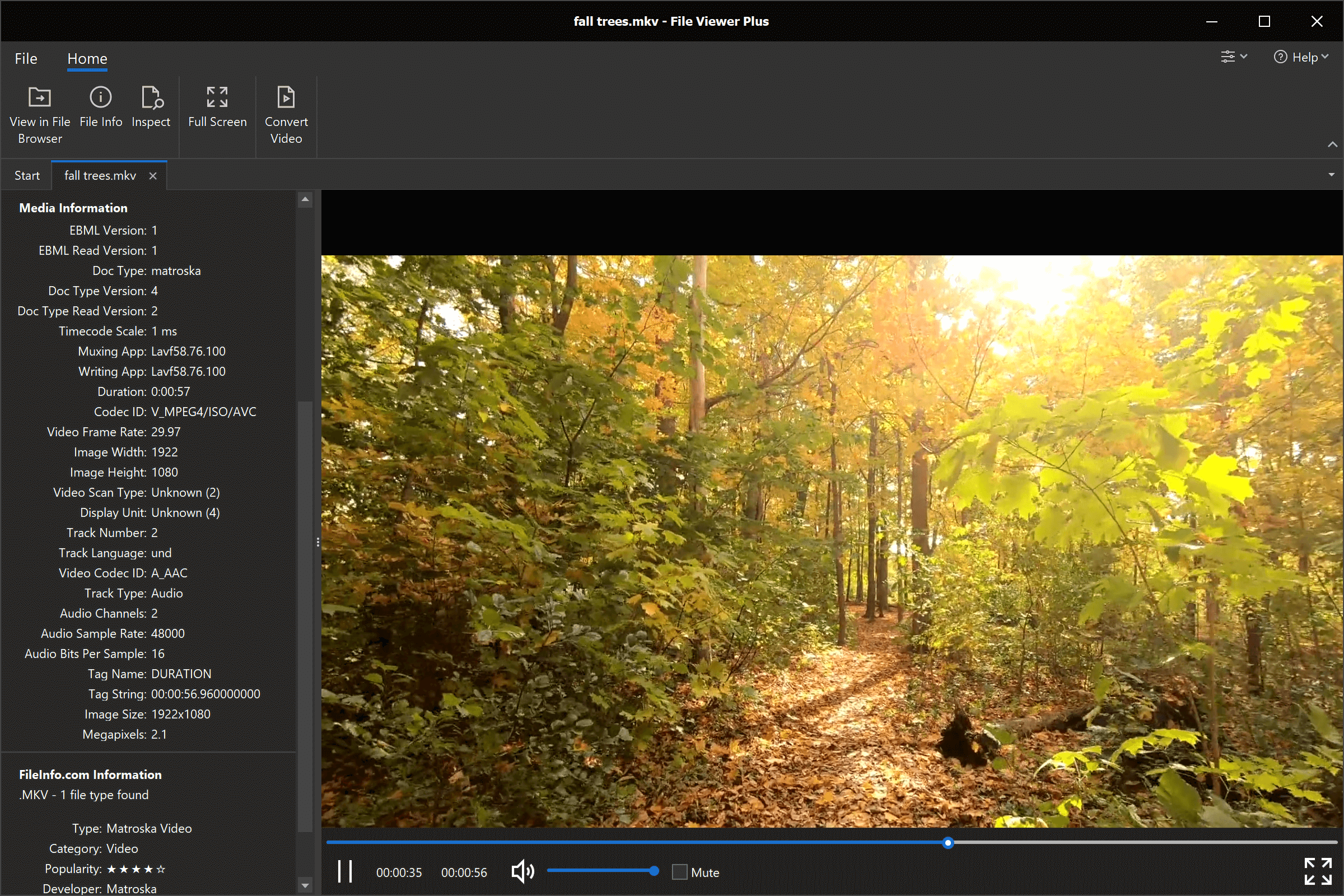Why MKV Movies Are The Ultimate Choice For Film Enthusiasts
Have you ever wondered why MKV movies have become such a big deal in the digital world? If you're into movies and want the best possible experience, you're in the right place. MKV movies offer a level of quality and flexibility that other formats just can't match. Whether you're a tech-savvy movie buff or someone who simply loves great visuals and sound, understanding MKV movies can change your streaming game forever.
You see, MKV movies aren't just another file format. They're like the Swiss Army knife of media files, packing everything you need into one neat package. From crystal-clear video to surround sound audio, MKV movies bring the cinema experience straight to your living room. But why stop there? Let's dive deeper into what makes MKV so special and why it's worth your time.
Before we get into the nitty-gritty, let's talk about why people love MKV movies so much. It’s all about control, quality, and convenience. Imagine having a movie that lets you switch subtitles, adjust audio tracks, and even change chapters with ease. That’s the power of MKV. So, if you're ready to upgrade your movie-watching experience, let's explore why MKV movies are the go-to choice for film lovers everywhere.
What Exactly Are MKV Movies?
Let's break it down. MKV stands for Matroska Video, and it’s more than just a file extension. Think of it as a container that holds all the elements of a movie in one place. Unlike other formats like MP4 or AVI, MKV doesn't limit you to just one type of video or audio codec. Instead, it gives you the freedom to choose the best options for your setup. This flexibility is what sets MKV movies apart from the crowd.
In simple terms, MKV movies are like a digital movie theater in your pocket. They can store multiple audio tracks, subtitles, and even chapters, all in one file. This means you can watch a foreign film with English subtitles, switch to the original language, or even enjoy director's commentary without needing separate files. It’s like having all the features of a Blu-ray disc, but in a digital format that’s easy to share and store.
Why MKV is Better Than Other Formats
Here’s the deal: MKV movies offer superior quality compared to other formats. The reason? They support lossless compression, which means no sacrifice in video or audio quality. Whether you're watching a blockbuster or an indie flick, MKV ensures that every detail is preserved. Plus, it’s compatible with a wide range of devices, from smartphones to smart TVs.
- Lossless compression for better quality
- Support for multiple audio and subtitle tracks
- Compatibility with various devices and platforms
- Flexible and customizable playback options
Understanding the Benefits of MKV Movies
Now that we know what MKV movies are, let's talk about the benefits. One of the biggest advantages is the ability to customize your viewing experience. Whether you prefer watching movies with subtitles or enjoy switching between different audio tracks, MKV has got you covered. It's like having a personal theater at your fingertips.
Another great thing about MKV movies is their adaptability. They can handle high-resolution videos, making them perfect for 4K and even 8K displays. This means you can enjoy the latest movies in stunning detail without worrying about file size or compatibility issues. Plus, with MKV, you don’t need to deal with annoying codec errors or unsupported formats.
Top Reasons to Choose MKV Movies
Here’s a quick rundown of why MKV movies are the top choice for movie enthusiasts:
- High-quality video and audio
- Support for multiple languages and subtitles
- Compatibility with modern devices
- Lossless compression for better performance
How MKV Movies Work
So, how do MKV movies actually work? At its core, MKV is a container format that bundles video, audio, and subtitles into a single file. This might sound simple, but it’s this bundling that makes MKV so powerful. Unlike other formats that require separate files for each track, MKV keeps everything organized and easy to access.
When you play an MKV movie, your media player reads the container and extracts the necessary components. This means you can switch between audio tracks, enable subtitles, or jump to specific chapters without any hassle. It’s like having a digital assistant that takes care of all your movie needs.
Key Features of MKV Movies
Here are some of the standout features of MKV movies:
- Multi-track support for audio and subtitles
- Chapter markers for easy navigation
- Support for advanced codecs like H.265
- Customizable playback options
Choosing the Right MKV Player
Now that you know why MKV movies are awesome, it’s time to talk about how to watch them. Not all media players are created equal, and some handle MKV files better than others. If you're using Windows or macOS, VLC Media Player is a great option. It’s free, open-source, and supports a wide range of formats, including MKV.
For mobile users, there are plenty of apps that can handle MKV movies. On Android, MX Player is a popular choice, while iOS users can try Infuse or VLC for iOS. These players offer features like subtitle support, audio track switching, and even offline playback, making them perfect for on-the-go viewing.
Top MKV Players to Try
Here are some of the best MKV players available:
- VLC Media Player (Windows, macOS, Linux)
- MX Player (Android)
- Infuse (iOS)
- Kodi (All platforms)
Converting to MKV Movies
What if you already have movies in other formats? No worries! Converting to MKV is easier than you think. There are plenty of free tools available that can help you convert your favorite movies into MKV format. HandBrake is one of the most popular options, offering a user-friendly interface and support for multiple formats.
Another great tool is MKVToolNix, which lets you merge multiple files into a single MKV movie. Whether you want to add subtitles, switch audio tracks, or simply compress your files, MKVToolNix has got you covered. Just remember to always back up your original files before converting, just in case.
Steps to Convert to MKV
Here’s a quick guide to converting your movies to MKV:
- Download and install a conversion tool like HandBrake or MKVToolNix
- Select your input file and choose MKV as the output format
- Add any additional tracks or subtitles you want to include
- Start the conversion process and wait for it to finish
Storing and Organizing MKV Movies
Once you’ve got your MKV movies, it’s time to think about storage. With their high-quality video and audio, MKV files can take up a lot of space. That’s why it’s important to have a solid storage solution in place. External hard drives or network-attached storage (NAS) devices are great options for storing large movie collections.
When it comes to organizing your MKV movies, a good media server can make all the difference. Plex and Jellyfin are two popular choices that let you stream your movies across multiple devices. They also offer features like automatic metadata fetching, making it easy to keep your library up to date.
Best Practices for Storing MKV Movies
Here are some tips for storing and organizing your MKV movies:
- Use external drives or NAS for large collections
- Set up a media server for easy access
- Organize your files into folders by genre or release year
- Regularly back up your files to prevent data loss
Troubleshooting Common MKV Issues
Even with all their advantages, MKV movies can sometimes cause issues. Maybe you’re having trouble playing a file, or the subtitles aren’t working as expected. Don’t worry—most problems are easy to fix. Here are some common issues and how to solve them:
If your MKV movie won’t play, try updating your media player or installing the latest codecs. For subtitle problems, make sure they’re embedded in the file or downloaded separately. And if the audio is out of sync, check your player’s settings for audio delay adjustments.
Fixing MKV Problems
Here’s how to troubleshoot common MKV issues:
- Update your media player or install missing codecs
- Check subtitle settings and ensure they’re properly synced
- Adjust audio delay if the sound is out of sync
Why MKV Movies Are the Future
As technology continues to evolve, MKV movies are becoming even more relevant. With the rise of 4K and 8K content, having a format that can handle high-resolution video is crucial. MKV’s flexibility and adaptability make it the perfect choice for the future of digital media.
Moreover, as more people switch to streaming services and digital downloads, the demand for versatile file formats like MKV is only going to increase. Whether you’re a casual viewer or a dedicated cinephile, MKV movies offer something for everyone. So, if you haven’t already, it’s time to embrace the power of MKV and take your movie-watching experience to the next level.
Embracing the Future of MKV
Here’s why MKV movies are here to stay:
- Support for high-resolution video and advanced codecs
- Flexibility and adaptability for future technologies
- Growing popularity among digital media enthusiasts
Final Thoughts: Make MKV Your Movie Format of Choice
There you have it—the ultimate guide to MKV movies. From their superior quality and flexibility to their compatibility with modern devices, MKV movies offer everything you need for an amazing viewing experience. Whether you’re watching at home or on the go, MKV has got you covered.
So, what are you waiting for? Dive into the world of MKV movies and discover the difference they can make. And don’t forget to share your thoughts in the comments below. Do you already use MKV movies, or are you thinking about making the switch? Let us know, and while you're at it, check out our other articles for more tips and tricks on all things tech and entertainment.



Detail Author:
- Name : Lucy Schulist
- Email : jennifer88@moen.org
- Birthdate : 1978-07-28
- Address : 50293 D'Amore Route Port Douglas, ME 56124
- Phone : +1-720-740-6076
- Company : Zboncak-Harber
- Job : Producers and Director
- Bio : A harum voluptate beatae aut. Inventore quod et vel magni dignissimos non numquam. Doloremque ea ut accusantium repellat sit et. Quia deserunt voluptas nemo non amet.